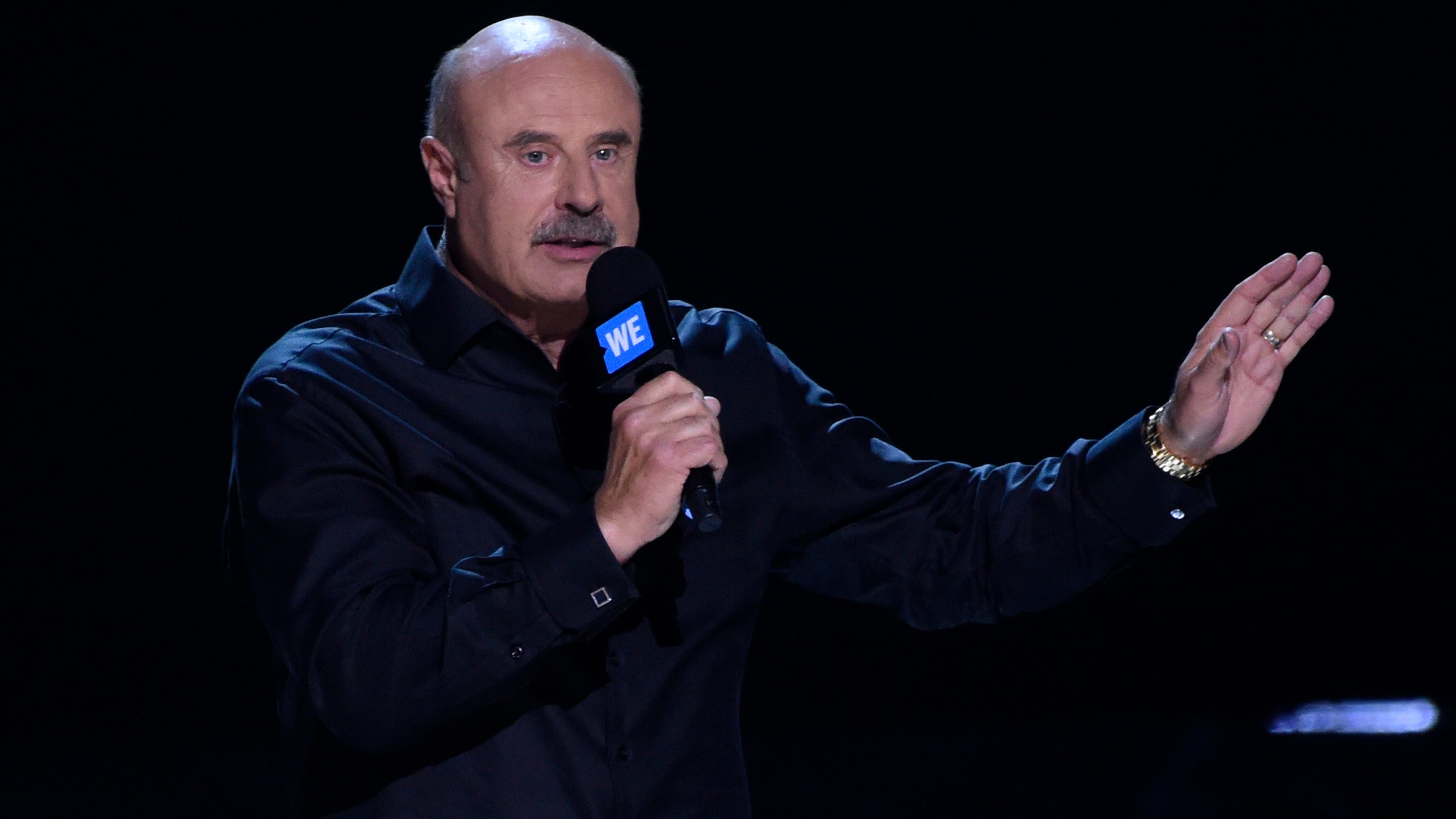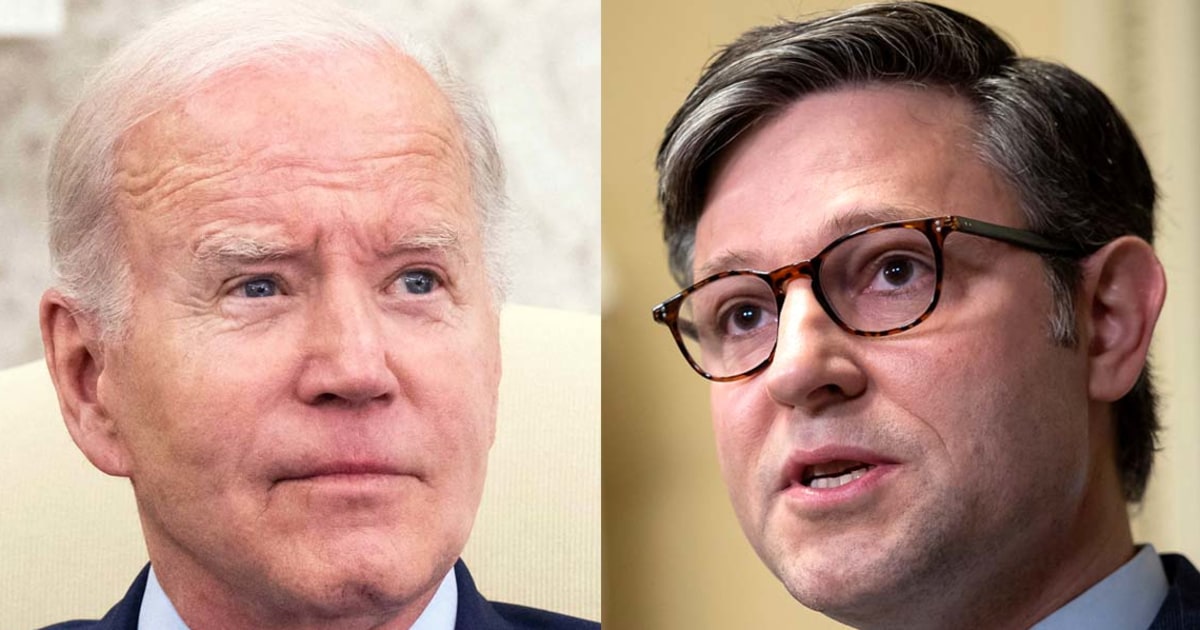Ted Stilwill
February 17, 2024 3:43 pm
Last fall, Governor Reynold’s Department of Administrative Services contracted with a business consulting firm to produce a report critical of Iowa’s Area Education Agencies (AEAs). The study was translated into a bill submitted by the governor to decimate the AEAs and weaken Iowa’s public education system.
The authors of the report are not listed. The costs are not known. The directions to the consulting firm have not been shared. The consulting firm has no apparent expertise or track record in the education world. There is no documentation in the report that a single Iowan was engaged in the preparation of the report. Most importantly, I believe the conclusions about AEAs are flawed.
Of the three general negative charges against AEAs, none hold up to scrutiny, even when using data from the report.
Lack of accountability
There is an accusation that there is little or no accountability for AEAs. Here is what the report says:
As the analysis in this report will show, Iowa’s special education structure gives AEAs vast control over the education of students with disabilities with little oversight from school districts and the Iowa Department of Education. (page 8)
Despite school districts funding the operation of AEAs, school district staff members – including school superintendents – are prohibited from sitting on AEA boards of directors and lack formal oversight and accountability mechanisms over AEAs. (page 9)
So, the
sole basis in the report for claiming lack of accountability is the legislated prohibition for local teachers and administrators to sit on their local AEA Board.
This ignores several important facts. The local district boards appoint the AEA board members, which certainly provides accountability from the local community side and is free from the possible conflicts of interest in staff serving on a governance function.
This criticism for lack of accountability inexplicably
totally ignores an active state accreditation system and annual reporting to the Iowa Department of Education and annual budget approval by the department and the state board. This is the same sort of mechanism the state uses to provide accountability to school districts. There is no evidence that this process is not working.
Academic achievement
The report raises a concern about the academic achievement of special education students. Here is what the report says:
In the most recent administration of NAEP (National Assessment of Educational Progress) in 2022, students with disabilities in Iowa scored below the national average, despite the state investing several thousand dollars more on a per pupil basis for special education students for that year in comparison to the national special education spending average. (page 8)
If you look on page 21 of the consultant’s report, you see that in 2022, Iowa Special Education students scored
1 point below the national average on a 500 point scale. This is for a test that only samples students in each state. We should not even be using NAEP data for state-to-state comparisons because, as stated on NAEP’s own
website:
“Although every effort is made to include as many students as possible, different jurisdictions have different exclusion policies, and those policies may have changed over time. Because SD (students with disabilities) and EL (English learners) students typically score lower than students not categorized as SD or EL, jurisdictions that are more inclusive — that is, jurisdictions that assess greater percentages of these students — may have lower average scores than if they had a less inclusive policy.”
Practically speaking, districts and states, for what I believe are legitimate reasons, might exclude some of the more severely cognitively handicapped students from testing on a grade level oriented test. Including or excluding even a few very low scoring students would affect the overall average significantly. (The governor’s comment that we have been “failing these students for 20 years” may not be warranted.)
This doesn’t mean that current student performance is acceptable, but it would not warrant the radical reduction in non-special education services and the centralization of control and services to the state level.
The only evidence for changing Iowa's AEA system comes from "bogus conclusions" in the governor's consultant report.

iowacapitaldispatch.com







